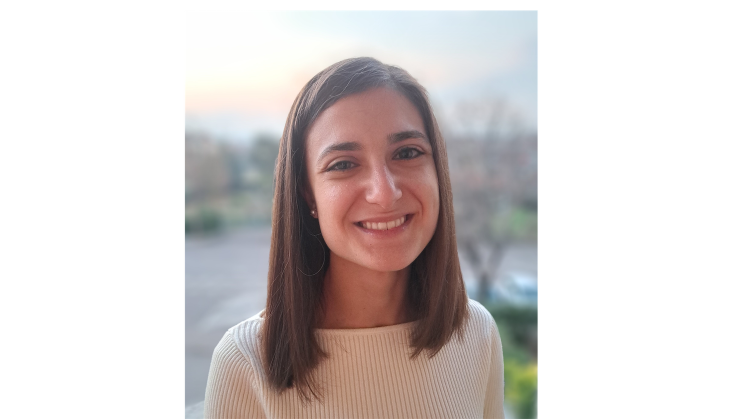Shaping a Better Process for Crisis Interventions

When observing events such as the intensifying impacts of the climate crisis or reading popular news pieces on the failures of industry and government to effectively make digital spaces safe for everyone, it is reasonable to infer a gap between the pace of disruptions and challenges to our society and the research guiding policy interventions. Is the distance between studying and developing a better understanding of a challenge, publishing rigorous work, and designing policy based on said research static? Are societal challenges helping to add flexibility in the relationship between research and policy implementation? Is the scientific quest to address societal challenges helping to accelerate research informed policy?
A new paper in Nature Human Behavior utilizes the case study of how teams of researchers and authors reacted to the COVID-19 pandemic to offer pathways for how scholars from different areas of expertise could collaborate to address emergent crises. “The COVID-19 pandemic was a unique event in the sense of how many researchers operated on accelerated timelines since both policymakers and the public relied on the most current evidence to guide their decisions and behaviors,” says Sara Venturini and Marie-Laure Charpignon, (co-)first authors of the paper. “The pandemic demonstrated how the scientific community can adapt to urgent challenges, shifting out of traditional areas of expertise to find synergies within a scientific ecosystem and accelerate publishing of work to help inform the public and policymakers alike.”
Venturini is currently a Postdoctoral Fellow at the MIT Senseable City Lab. She earned a Ph.D. in Computational Mathematics in 2023 from the University of Padova. She is interested in work that combines her computational and applied mathematics background with her passion for complex networks in real-world social science applications. Venturini’s research interests include higher-order networks, optimization methods, machine learning, and the science of science.
Charpignon is a doctoral candidate at MIT Institute for Data, Systems, and Society and the Broad Institute. Her research leverages causal inference and computational social science approaches to address challenges in public health and biomedicine.
Additional authors of the paper include: Satyaki Sikdar (Loyola University in Chicago), Sagar Kumar (Northeastern University Network Science Institute), Francesco Rinaldi (University of Padova), Francesco Tudisco (University of Edinburgh), Santo Fortunato (Indiana University), Maimuna Majumder (Harvard Medical School and Boston Children’s Hospital Computational Health Informatics Program).


